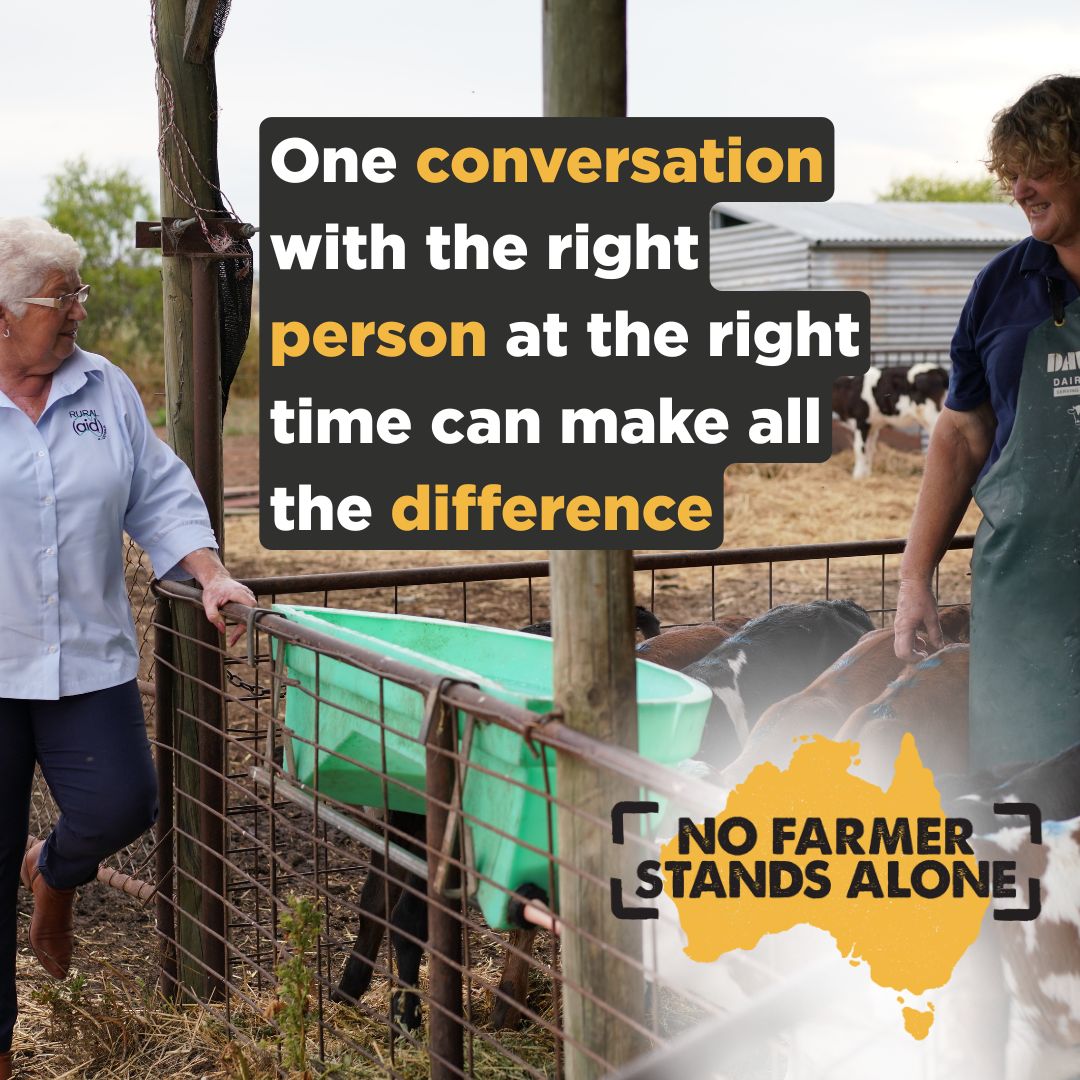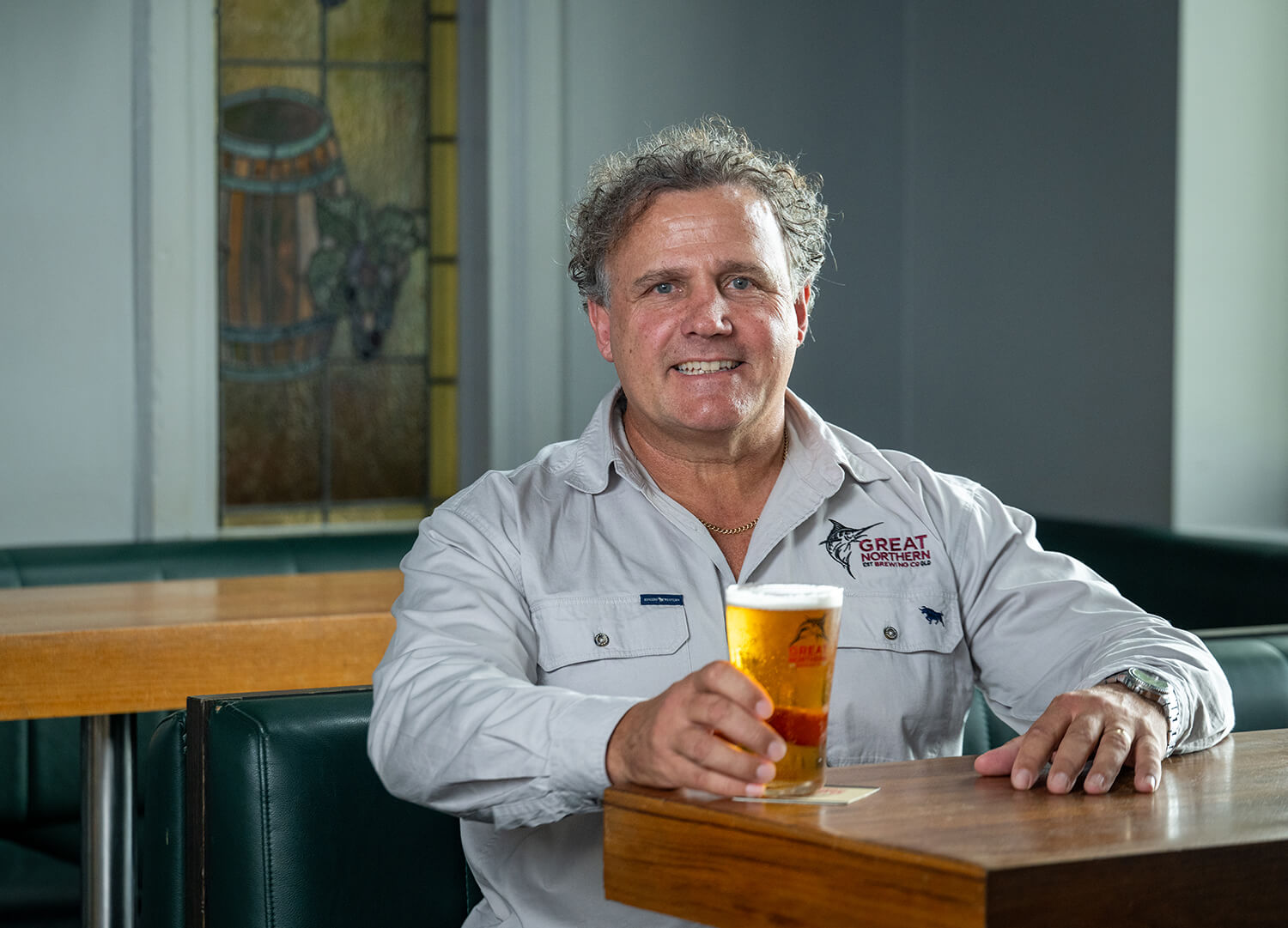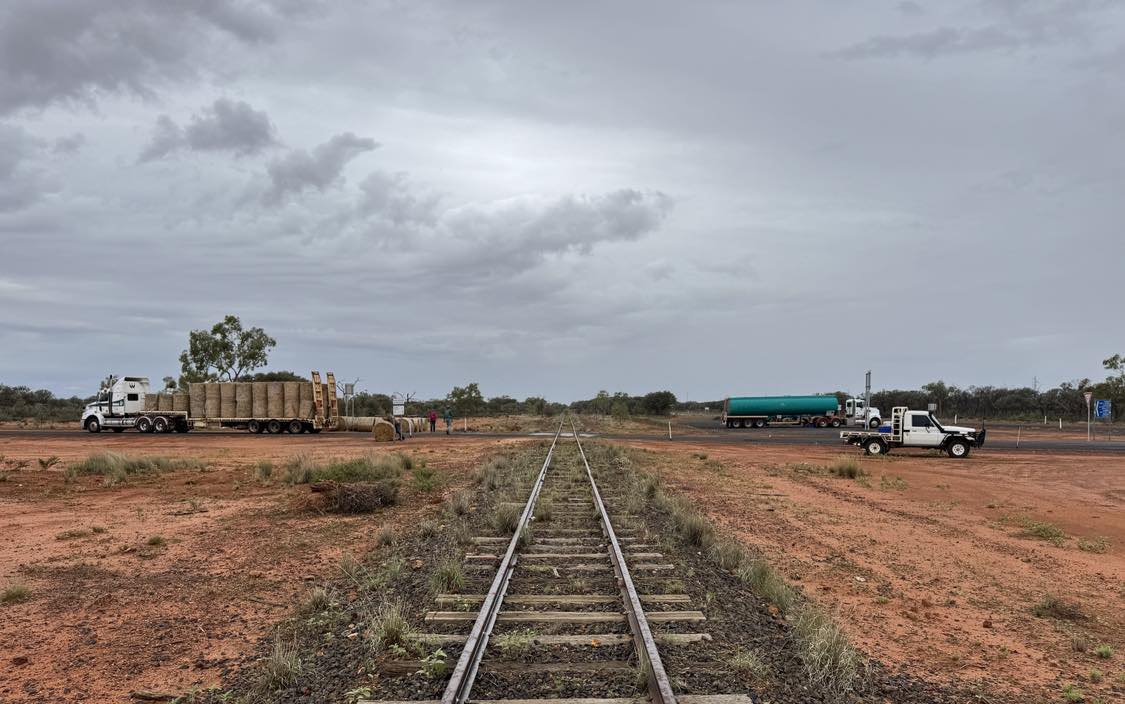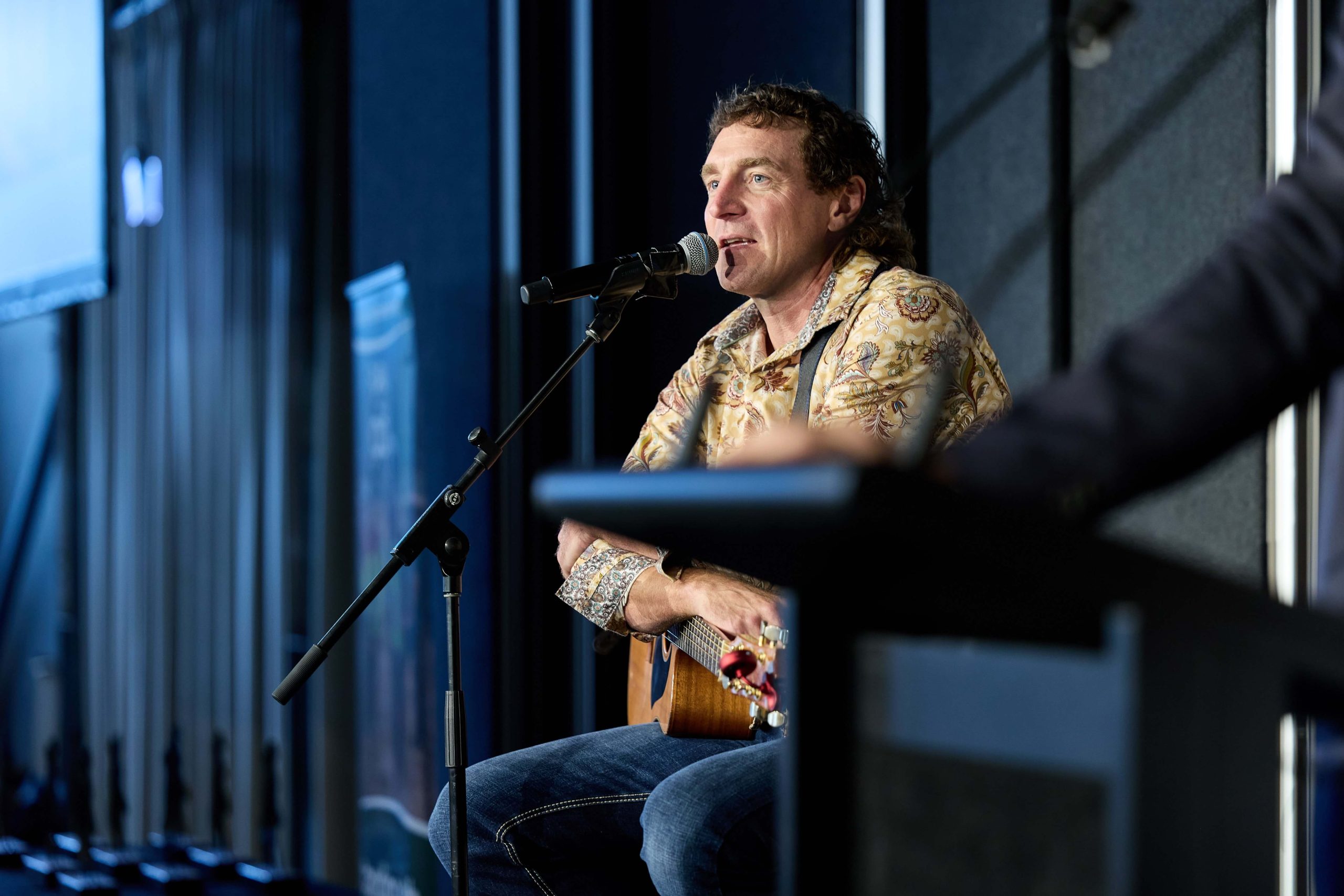Rural Aid Launches Urgent Appeal to Support Farmer Mental Health Plight
This tax time, Rural Aid is calling on every Australian to take action—because no farmer should stand alone.
Right now, in the heart of rural Australia, farmers are silently battling mental health struggles. Behind every fence line and machinery shed are men and women carrying the crushing weight of droughts, floods, skyrocketing costs, and isolation. The reality is stark: Australian farmers are dying by suicide at rates 59% higher than the national average.
These aren’t just statistics—they are lives lost, families shattered, and communities forever changed. Nearly half of all farmers have experienced thoughts of self-harm or suicide. Yet many suffer in silence, unable or unwilling to ask for help.
Rural Aid is asking Australians to stand up and take action for our farmers. Your support can help to fund critical ongoing mental health services, offer crisis counselling, and ensure farmers have someone to turn to when it matters most. This isn’t just about farming—it’s about securing a future where farmers and their families feel supported through challenging times.
“Access to mental healthcare in rural areas is often limited or non-existent,” said Rural Aid CEO Mr John Warlters. “Many farmers simply don’t have the support they need to cope with the challenges they face daily. We need to address this critical gap.”
Carol Hill, a farmer from Coraki in the Northern Rivers region of New South Wales, has experienced firsthand the emotional strain of working the land. After enduring years of drought, bushfires and floods, she says the support from Rural Aid was life-changing.
“You don’t want to admit that you’re struggling. Farmers are strong, but sometimes we need support, too,” said Carol.
“I was really thankful for Rural Aid for reaching out and asking, ‘Hey Carol, do you need help? Let’s talk about it.’ And I think without them, I probably would have gone under.”
While 75% of farmers say they would reach out to a counsellor, 38% report difficulty accessing services. Rural Aid’s mental health team is working to close that gap—but we need the public’s support to help more farmers.
“We’re asking Australians to stand up to help ensure No Farmer Stands Alone. A donation this tax time will help to deliver free, professional mental health support to rural Australians who need it most,” said Warlters. “It’s a chance to show our farmers that they’re not alone.”
Rural Aid’s free mental health programs make a critical difference for farmers and their families. Rural Aid delivers:
- One-on-one professional counselling via on-farm visits and regular check-in calls
- Community mental health workshops that open up conversations and reduce stigma around talking about personal wellbeing
- School programs that build resilience in rural children and teens
To support mental health in rural Australia and make sure No Farmer Stands Alone, please donate today https://taxtime.ruralaid.org.au/.
About Rural Aid:
Rural Aid is Australia’s leading rural charity, dedicated to providing practical support and vital services to farmers and rural communities. Since its establishment in 2015, the charity has been a lifeline during times of crisis, delivering essential services such as mental health support, hay, domestic water, and community engagement. As the organisation celebrates 10 years of service, it continues to partner with farmers to navigate challenges, recover from hardship, and build stronger, more resilient futures, shaping a brighter future for rural Australia.
For media inquiries, please contact:
Daniel Brown
Media and Communications Officer
0447 116 757
daniel.brown@ruralaid.org.au





